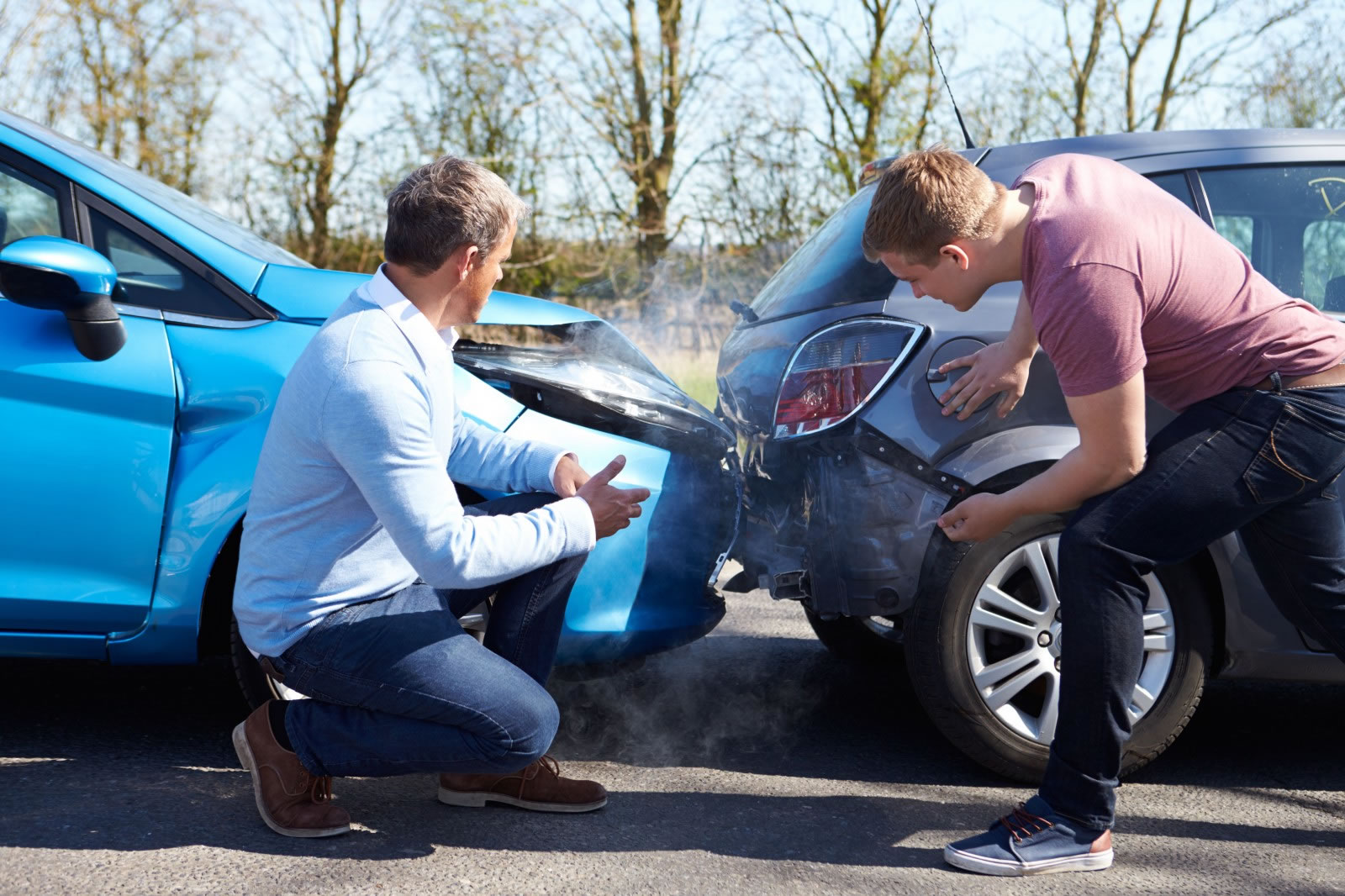California Financial Liability Laws
Traffic accidents can happen at any time, and they are often inevitable. In the state of California, drivers who operate cars and other vehicles can be financially liable for causing accidents according to the following laws:
- Financial responsibility is required of every driver and owner of a motor vehicle at all times. Low cost auto policies are available in every county of the state for qualified low income persons. The cost differs depending on the county.
- Every driver and every owner of a motor vehicle must carry evidence of financial responsibility in their motor vehicle at all times and be ready to present such evidence at the demand of a peace officer. Failure to comply carries a fine between $100 and $200, plus additional assessment penalties, for the 1st infraction. For any subsequent infraction within 3 years of the first, there is a fine between $200 and $500, plus additional assessment penalties.
- Minimum liability insurance coverage must be at least $15,000 for bodily injury or death of each person as a result of any accident, and $30,000 for bodily or injury or death of all persons as a result of any accident, and at least $5,000 for damage to property as a result of any accident.
- State has non-resident service of process law. Guest may sue driver.
When exploring California’s financial liability laws, it’s crucial to consider various factors and implications. These aspects offer a more comprehensive understanding of the legal landscape, encompassing penalties for driving both with and without insurance.
DUI Consequences
Driving under the influence (DUI) in California carries not only legal repercussions but also significant financial consequences. In addition to fines and potential jail time, DUI convictions often lead to substantially increased insurance premiums. This surge in insurance costs can be financially crippling, as rates may remain elevated for several years following a DUI conviction. Thus, it’s imperative for drivers to understand the financial ramifications of impaired driving, both in terms of legal penalties and insurance expenses.
Uninsured Motorist Coverage
While California law mandates minimum liability coverage for all drivers, not everyone complies. In such cases, uninsured or underinsured motorist coverage becomes crucial. This type of coverage safeguards individuals financially in the event of an accident involving a driver who lacks insurance or carries insufficient coverage. Without it, an accident caused by an uninsured driver could result in substantial out-of-pocket expenses for medical bills and property damage. You should always consider adding uninsured motorist coverage your insurance policies to protect from such financial liability.
Comparative Negligence
California employs a comparative negligence system for determining liability in accidents. Under this system, if multiple parties share fault in an accident, liability is apportioned based on the degree of fault. This concept can significantly affect the financial responsibility of each party involved. In cases of shared fault, it’s vital for you to take a deeper look into how this system works and how it might affect your liability for damages.
Medical Payments Coverage
In addition to liability and uninsured motorist coverage, you should contemplate adding medical payments coverage to your insurance policies. This coverage assists in covering medical expenses for the insured and their passengers, irrespective of fault, in the event of an accident. Medical payments coverage can be a financial lifeline, particularly for individuals who may not have comprehensive health insurance.
Penalties for Driving Without Insurance
California takes driving without insurance seriously. If caught driving without the mandated minimum liability coverage, you can can face harsh penalties. These penalties may include fines, a suspension of your driver’s license, vehicle impoundment, and, in the event of an accident, potential legal action from injured parties seeking compensation. All these severe financial and legal consequences can be avoided with a proper insurance policy.
Proposition 213
California’s Proposition 213 is a law that limits the ability of uninsured drivers to recover non-economic damages, such as pain and suffering, in the event of an accident. This legislation further underscores the significance of adhering to the state’s insurance requirements. Proposition 213 can have a substantial impact on the financial outcomes of accidents, potentially leaving uninsured drivers with limited recourse for compensation in certain situations.
Additional Factors Affecting Liability
Aside from insurance coverage and liability laws, various factors can influence the financial responsibility of drivers involved in accidents. These factors include road conditions, weather, witness statements, and police reports. It’s essential for you to be aware of these elements as they can significantly affect liability determinations and, subsequently, the financial consequences of an accident.
In case of an accident, you must always be proactive in documenting accident details. To best protect your interest you should also seek professional legal advice.
Legal Assistance
In the aftermath of a significant accident, especially one involving injuries, seeking legal counsel is often advisable. Attorneys experienced in personal injury claims can help you navigate the complexities of the legal process, negotiate with insurance companies, and protect your rights. While legal assistance comes with costs, it can ultimately help maximize your financial recovery and ensure you are not unfairly burdened with the expenses resulting from an accident.
